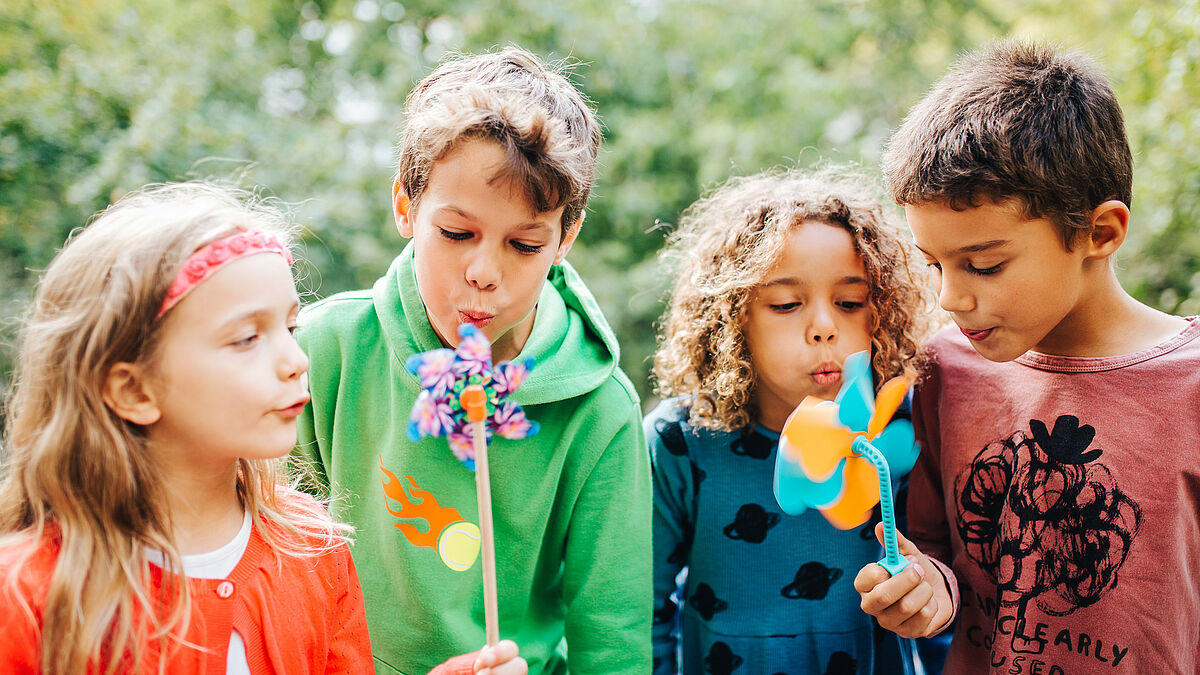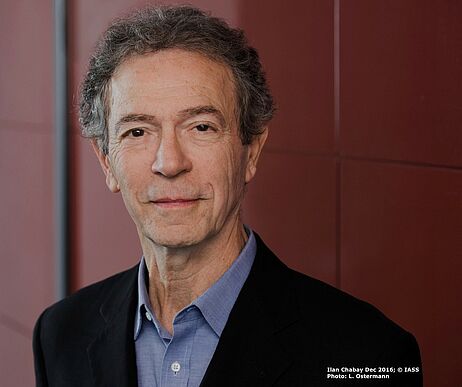Sustainability and STEM Education – A Long Way Off?

Professor Dr Ilan Chabay is Head of Strategic Science Initiatives and Programs and Scientific Project Leader of the GSSF and KLASICA projects at the Institute for Advanced Sustainability Studies (IASS) in Potsdam, Germany. In an interview, he describes how STEM education can support sustainable development in the future and addresses the challenges that must be tackled in order to implement it successfully.
Mr. Chabay, the topic of sustainability is gaining more and more attention worldwide – not least due to the current student movement "Fridays for Future". In your opinion, what does this social articulation [of sustainability issues] have to do with Education for Sustainable Development?

The most significant impact of the media visibility of the student campaign Fridays for the Future is that it highlights the views and voices of young people. It reminds us that as members of society and stakeholders of the future, they have important legitimate concerns and are seeking ways to address them. The campaign moves us toward learning to design continuously for the future, so that societies can address rapidly changing issues that are critical in every culture and context in the world. By providing real-world context and reinforcing their status as stakeholders, it helps learners see that their education can be usefully applied and valued beyond the typically compartmentalized and decontextualized school classes. The attention the campaign is receiving from adults also helps young people see potential life choices by linking the conundrum of sustainability with the wide spectrum of people across the world in business, government, NGOs, and civil society who are responding constructively to the challenges we all face now and into the future.
Mr. Chabay, what, in your opinion, are the key challenges that must be addressed by STEM Education for Sustainable Development by 2030?
At the core is the recognition that nature and society are inseparable parts in a complex, interdependent system. Forming sustainable societies is fundamentally a societal challenge, rather than primarily an environmental one that can be fixed solely by scientific and technological optimization. Thus, current STEM knowledge and skills are essential, but not sufficient in themselves for enabling transformations to sustainable futures.
[C]uriosity, inquiry, and experiential learning should be stimulated and nurtured beginning in early childhood [...]
Prof Ilan Chabay
What do you think needs to be altered in STEM education in order to tackle these challenges?
There are two essential capacities for meeting the challenges of sustainability by 2030 that we need to build – or strengthen – in STEM education. First of all, curiosity, inquiry, and experiential learning should be stimulated and nurtured beginning in early childhood and continuing through life-long learning in formal and informal venues. This encourages critical thinking, examination of evidence, and ownership of ideas. Secondly, much greater emphasis should be given to rich, cross-domain collaborative opportunities for project-based learning based on real-world issues – rather than relying on the traditional reductionist, compartmentalized science and technology curricula.
What specific changes do you have in mind in order to strengthen these two essential capacities?
There has to be a shift from only teaching pieces of information and formulas, which are results derived from models, to building and using models to understand concepts and produce results. The search for multiple solutions to problems, rather than only focusing on finding the singular optimized solution should be supported. Moreover, it is crucial to encourage collaborative learning with diverse learning styles, perspectives, capabilities, and sources of knowledge in the group. At the same time, I think, the support of playful and creative learning for serious purposes, including learning with electronic or physical games has to be taken into account. This includes supporting intellectual risk taking, rather than requiring success every time. All these changes should be framed by providing teachers with opportunities to become co-learners in their classrooms.
Professor Dr Ilan Chabay is one of two keynote speakers who will talk about STEM education for sustainable development on Dec 5/6 at the "International Dialogue on STEM Education" (IDoS).

